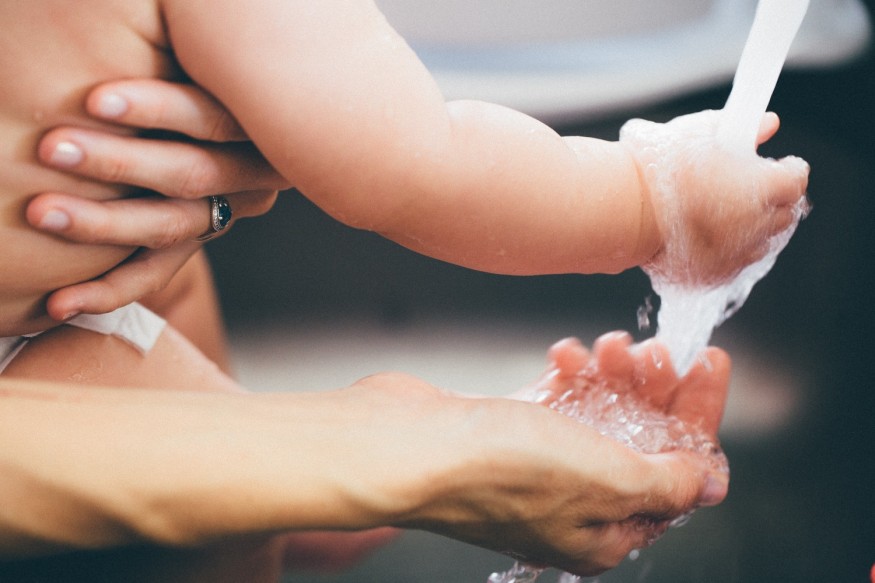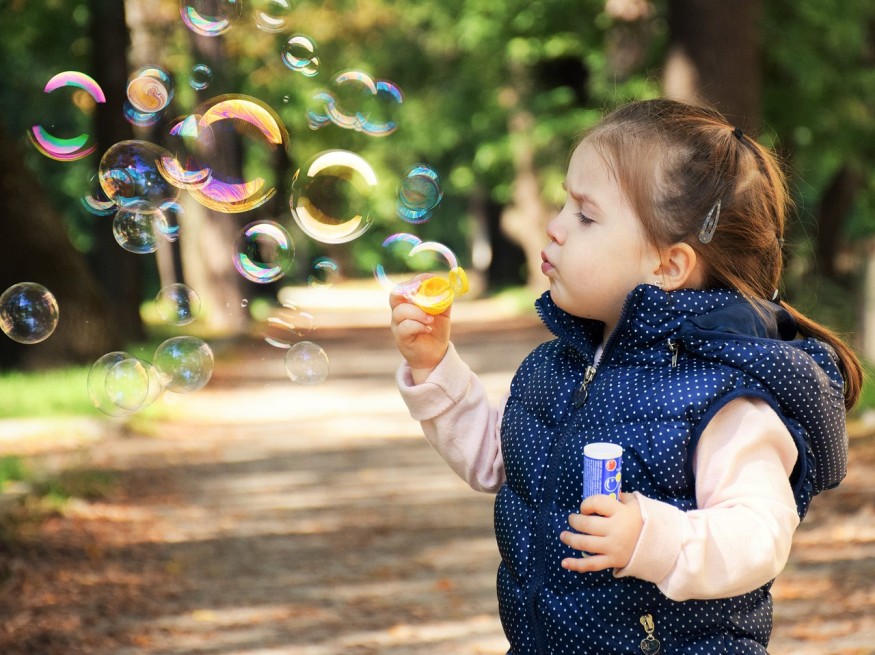
Doctors and medical experts say that older individuals or seniors are the ones more susceptible to fast-spreading COVID-19. Does this mean children are already spared from contracting the illness?
Are they 100% safe from COVID-19?
As the number of cases of this pandemic disease increases globally, parents who are doing everything to shield their kids from COVID-19 can take comfort in this one thing-that coronavirus has typically been milder in kids.
Nevertheless, there are several mysteries about this infectious illness, and studies are still ongoing.
Also, even though the illness is typically milder in children, parents should accept the fact that their kids can indeed, catch COVID-19. They can be infested with, and seem to be able to transfer the illness, even if they are not experiencing the symptoms.
This is the reason why it is essential for kids to practice hand-washing and social distancing, even if they're not feeling sick.

How COVID-19 Affects Children
Doctors have it that COVID-19 is commonly believed "to cause milder symptoms in children." Nevertheless, the particular effects according to age become clearer as the virus continues to spread fast all over the world.
Much of what people know at present is based on reports from outside of China.
Essentially, 2.4 percent of all coronavirus cases identified were individuals younger than 19 years old. An even smaller number within this age range acquired severe symptoms, 2.5 percent, or what the World Health Organization described as a "very tiny proportion." In relation to this, more research studies are currently being conducted and a clearer version has yet to emerge.
That gap stays unknown, until now. The US Centers for Disease Control and Prevention deputy director of infectious disease Dr. Jay Butler said via live streaming which the Journal of the American Medical Association hosted, "the phenomenon is quite considerable," yet, the mechanisms, he added, are "really unidentified".
Individuals 60 and above, or those with existing health conditions stay the most susceptible to COVID-19. Health conditions may include high blood pressure, cancer, chronic respiratory conditions, diabetes, cardiovascular disease, and cancer, said the World Health Organization.
Children with Health Conditions
For children, they can be more vulnerable to COVID-19 if they have a history respiratory conditions as this may frequently result in more serious cases of viral illnesses like influenza, for one.
However, COVID-19 is new, and it remains unknown as to whether or not it will severely impact children who have respiratory illnesses.
Correspondingly, there is no proof yet, about whether COVID-19 can more unfavorably impact children suffering from diabetes, which is a proven risk factor for adults.
Having gathered this, the John Hopkins University experts warn parents to be more cautious.
Early this week, the White House recommended that parents should have their children engage in homeschool in an initiative to strengthen social distancing.
Certainly, this has resulted in its own kind of confusion. A lot of parents usually scramble after the school closed.
Initiatives are currently being made to alleviate the burden on adults with children feeling bored at home.
Among these initiatives include actors like Jennifer Garner and Amy Adams, who read children's books online.










